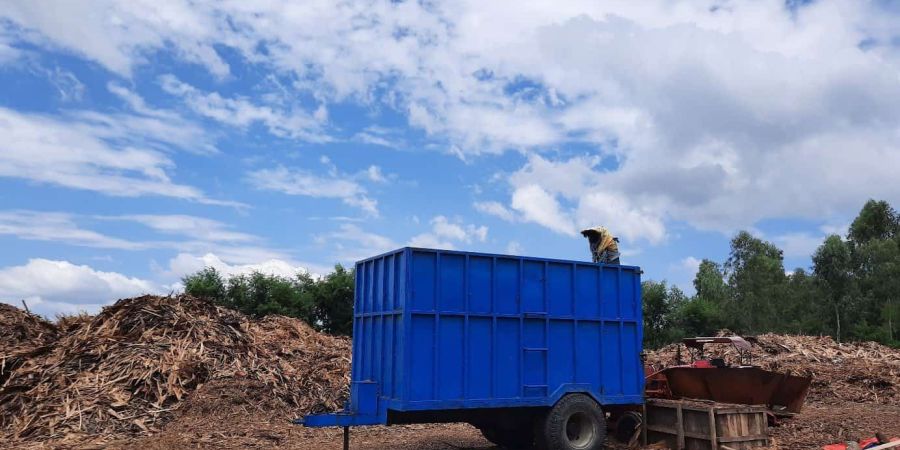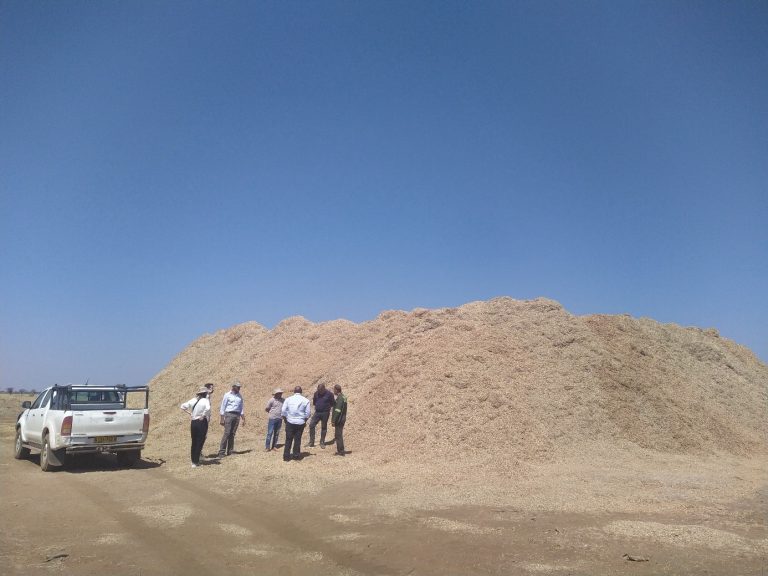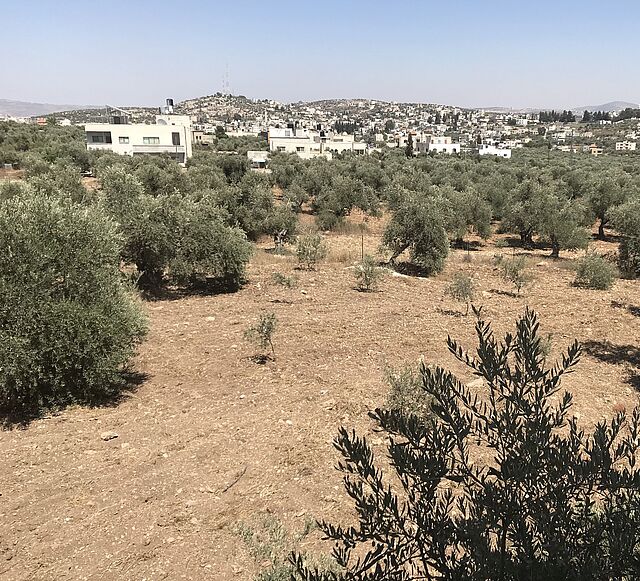
Background: The Nepalese government’s long-term strategy is to achieve net-zero emissions by 2045. In its updated NDC, the country proposes an ambitious target to increase the sustainable management of forests, maintain 45% of the country under forest cover and enhance carbon sequestration. Further, by 2030, Nepal aims to ensure 15% of the total energy demand is supplied from clean energy sources. In Nepal, forest fires, unsustainable management of forests and the waste of biomass have been identified as major sources of GHG emissions. The country is combatting the spread of invasive species which are causing the spread of forest fires. In order to prevent forest fires, the promotion of sustainable forest management and the management of invasive species is crucial.
Approach to Transformational Change: The project intends to enhance carbon sequestration of forests and achieve behavioural change of fossil and conventional fuel users to switch over to sustainable biomass pellets. The project promotes sustainable forest management practices and converting hazardous biomass into biomass pellets which will lead to the reduction of forest fires. The project will further initiate behavioural change in brick and cement industries to switch from fossil fuel to sustainable biomass pellets. After the implementation of the project, 75,060 ha of forest will be sustainably managed thereby contributing to the production of 100,000 Mt of bio-pellets per year. In addition, the project intends to promote occupational health and safety measures, as well as gender sensitive approaches in bio-energy SMEs. With the promotion and increased production of sustainable biomass pellets, the project promotes the creation of jobs in rural areas.
Mitigation Potential: The project will support Nepal in the implementation of its NDC by focusing on two mitigation actions: 1) substituting fossil fuel with densified biomass pellets produced from forest floor biomass of sustainably managed forests and 2) enhancing the carbon sequestration capacity of forests. Over the course of its implementation, the project thereby expects to reduce around 4.91 million tCO2e.




